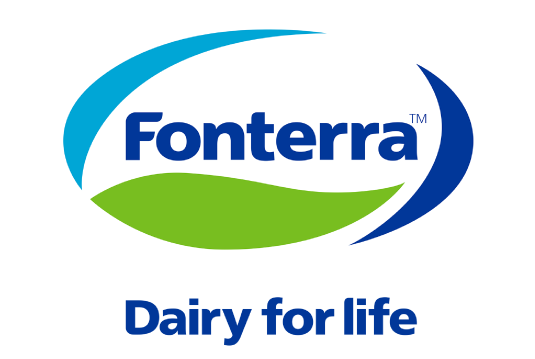Coal not in Fonterra's future
Fonterra has been working on its transition to renewable energy for some time and says it can, and will, get out of coal, with a couple of practical constraints.
Nine of its 29 sites use coal and Chief Operating Officer Fraser Whineray says there’s been a lot of progress over the last few years to get the Co-op to a position where it can make this commitment.
“With customers in more than 140 countries we have global insights and long-term trends supporting these actions, which have been in progress for some time.
“Last year we achieved our target of a 20 per cent reduction in energy intensity from a 2003 baseline after making thousands of improvements across sites here in New Zealand. Lifting energy efficiency is a valuable pre-requisite to larger investments.
“More recently we reduced the total quantity of coal we use by 10 per cent when we converted our Te Awamutu site to burn wood pellets and this builds on our experience from converting our Brightwater site in 2018 to co-fire on wood biomass.”
Conversion or replacement of existing coal boilers to renewable energy is a significant, logistical, technical and financial undertaking.
“We’ve built a lot of capability in-house and with partners in New Zealand and internationally and this provides us with comfort that solutions are sustainable.
“It’s important to us that New Zealand continues to be at the forefront of sustainable food production – and getting out of coal is one way we can help with this.
“We already have the lowest carbon footprint among major milk producers around the world and we want to continue to build on this competitive advantage,” says Whineray.
“While we’re working on this transition, we need to make sure we can deliver on our customers’ needs and process our farmer owners’ milk. There is only a small window between each milking season when we can undertake the necessary engineering work to make key changes on the remaining sites.
“We’ll also need to make sure we can get the right specialist skills and equipment into the country at the right time, beyond the extensive local capabilities. And we’ll need to have a secure gas supply for our existing gas-fired boilers. Fonterra says the Climate Change Commission's recommendations are broadly in line with the steps the Co-op is taking to put sustainability at the core of everything it does. Fonterra’s full submission in response to the Climate Change Commission’s recommendations can be found here.
Other key aspects to Fonterra’s submission.
Transport
- The Co-operative is supportive of increased electric vehicles and use of low carbon fuels and is implementing a new policy that will see a third of its light fleet transition to EVs and more charging stations installed at its sites.
- The recent roll out of the Milk Vat Monitoring systems that have been installed on farms has created opportunities to optimise our tanker pick-up schedules allowing us to budget for five less tankers from next year.
Land – Agriculture
- The Commission’s recommendations align very closely with the steps that Fonterra is already actively working towards through The Co-operative Difference.
- Fonterra is supportive of developing a long-term plan for research and development working with government and industry on the methane challenge.
- Fonterra is concerned that some of the productivity assumptions underpinning the Commission’s modelling, that show a maintenance of current milk production, are very ambitious and will be difficult to meet.
For further information contact:
Anna Johnstone
Phone: +64 21 458 831
Fonterra Communications
24-hour media line
Phone: +64 21 507 072

